After years of hiding, Abu Mohammad al-Jolani made a big step forward when he commanded the shocking lightning attack that led to the end of President Bashar al-Assad's regime in Syria.
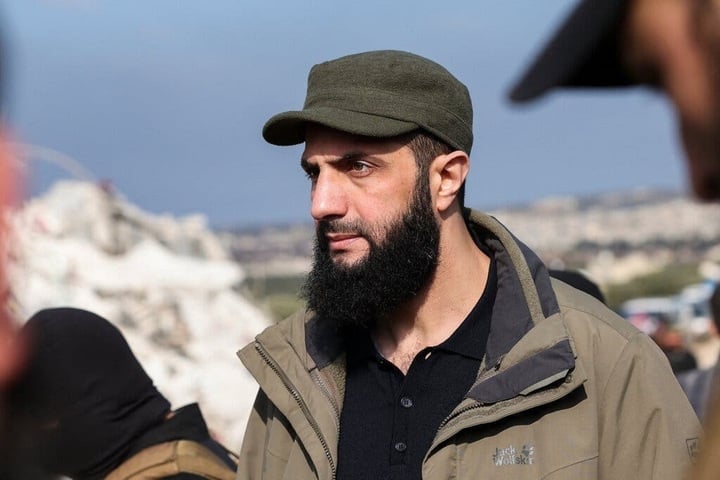
Mr. Abu Mohammad al-Jolani, leader of Hayat Tahrir al-Sham.
Mr al-Jolani, 42, is the leader of Hayat Tahrir al-Sham, an Islamist group once linked to Al Qaeda that has controlled most of Idlib province, in northwestern Syria, for years during the conflict's protracted stalemate.
“He is by far the most important figure on the ground in Syria,” said Jerome Drevon, a senior analyst on modern conflicts at the International Crisis Group who has met Mr. al-Jolani several times over the past five years.
In late November, Hayat Tahrir al-Sham launched the most significant offensive against the al-Assad regime in a decade. The rebels swept through Aleppo, Syria’s largest city, before moving south, seizing territory across several provinces without much resistance.
On December 8, rebels celebrated in the Syrian capital Damascus, declaring it “free” from al-Assad. According to the Russian Foreign Ministry, the longtime Syrian leader left Syria after negotiations with “some parties to the armed conflict.” Russia has granted asylum to Assad.
Born Ahmed Hussein al-Shara in Saudi Arabia, al-Jolani was the son of Syrian exiles, according to Arab media. His family moved back to Syria in the late 1980s, and in 2003 he traveled to neighboring Iraq to join Al Qaeda and fight the United States.
According to Arab media reports and US officials, he spent years in a US prison in Iraq.
He later emerged in Syria around the start of the civil war and founded the Nusra Front, a Qaeda affiliate that eventually evolved into Hayat Tahrir al-Sham. At one point, he adopted the alias Abu Mohammad al-Jolani.
Since cutting ties with Al Qaeda, Mr. al-Jolani and his group have tried to gain international recognition by distancing themselves from the global jihadist movement and focusing on organized governance in Syria.
In recent years, Mr. al-Jolani and his group have built a government in the territory they control, collecting taxes, providing limited public services and even issuing identity cards to residents, according to a United Nations report. They have been criticized at home and abroad for using extremist tactics.
Many questions remain about what kind of government Mr. al-Jolani would support and whether the Syrian people would accept it. In Idlib, Mr. Hayat Tahrir al-Sham supports a government guided by a conservative and sometimes hardline Sunni Muslim ideology.
Since the rebel offensive began, Mr. al-Jolani has sought to reassure minority communities from other sects and religions. Some analysts say he now faces the test of his life: whether he can unite the Syrian people.
Mr Drevon likened the situation Mr al-Jolani is facing to that of other leaders in war, such as President Volodymyr Zelensky of Ukraine.
“Zelensky was criticized before the war in Ukraine, and then he became a politician. The question is whether Jolani can make the same transition,” said Mr Drevon.
Source: https://vtcnews.vn/thu-linh-luc-luong-noi-day-syria-la-ai-ar912397.html


![[Photo] A brief moment of rest for the rescue force of the Vietnam People's Army](https://vstatic.vietnam.vn/vietnam/resource/IMAGE/2025/4/3/a2c91fa05dc04293a4b64cfd27ed4dbe)
![[Photo] Prime Minister Pham Minh Chinh chairs the first meeting of the Steering Committee on Regional and International Financial Centers](https://vstatic.vietnam.vn/vietnam/resource/IMAGE/2025/4/3/47dc687989d4479d95a1dce4466edd32)
![[Photo] Ho Chi Minh City speeds up sidewalk repair work before April 30 holiday](https://vstatic.vietnam.vn/vietnam/resource/IMAGE/2025/4/3/17f78833a36f4ba5a9bae215703da710)
![[Photo] Capital's youth enthusiastically practice firefighting and water rescue skills](https://vstatic.vietnam.vn/vietnam/resource/IMAGE/2025/4/3/3f8481675271488abc7b9422a9357ada)
![[Photo] Prime Minister Pham Minh Chinh chairs meeting after US announces reciprocal tariffs](https://vstatic.vietnam.vn/vietnam/resource/IMAGE/2025/4/3/ee90a2786c0a45d7868de039cef4a712)
![[Photo] General Secretary To Lam receives Japanese Ambassador to Vietnam Ito Naoki](https://vstatic.vietnam.vn/vietnam/resource/IMAGE/2025/4/3/3a5d233bc09d4928ac9bfed97674be98)
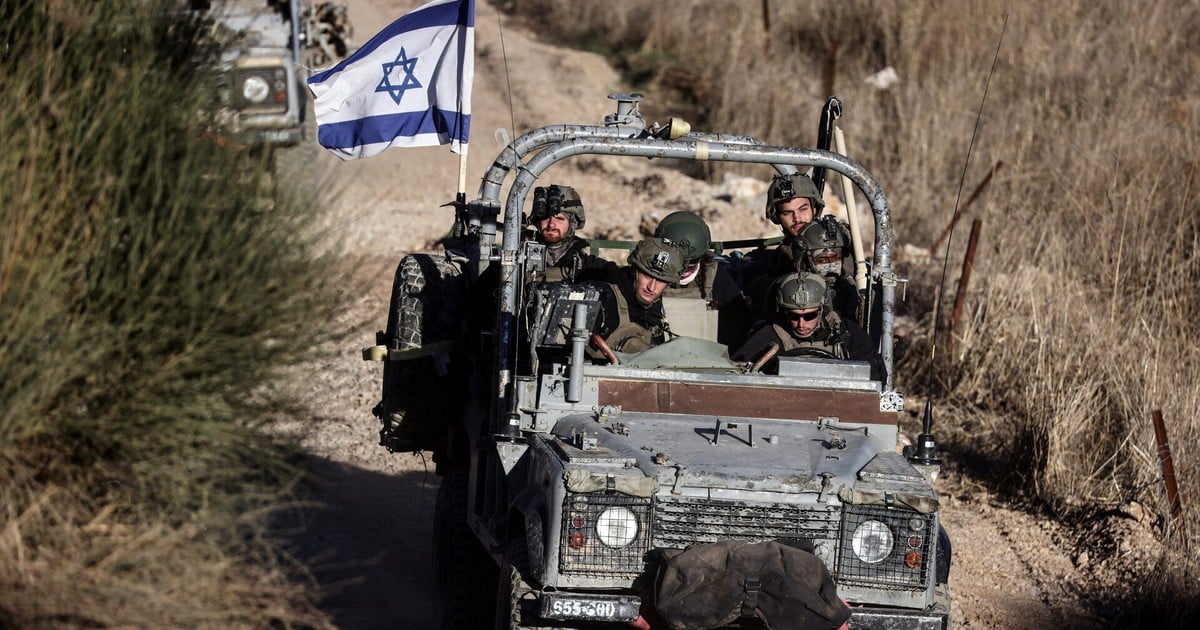

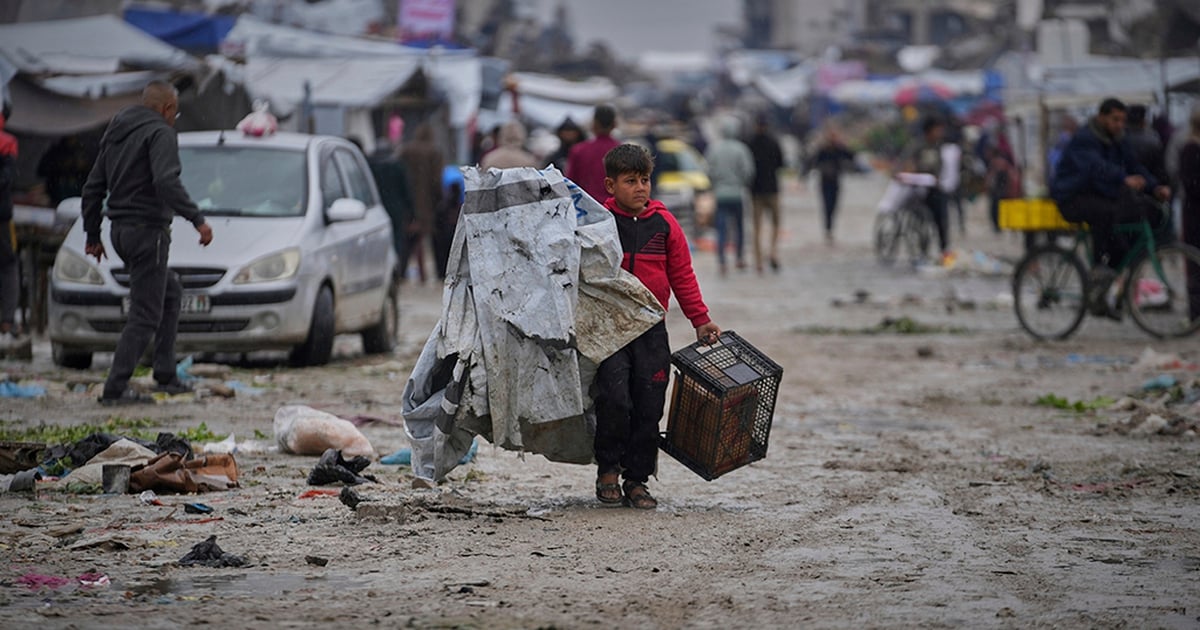
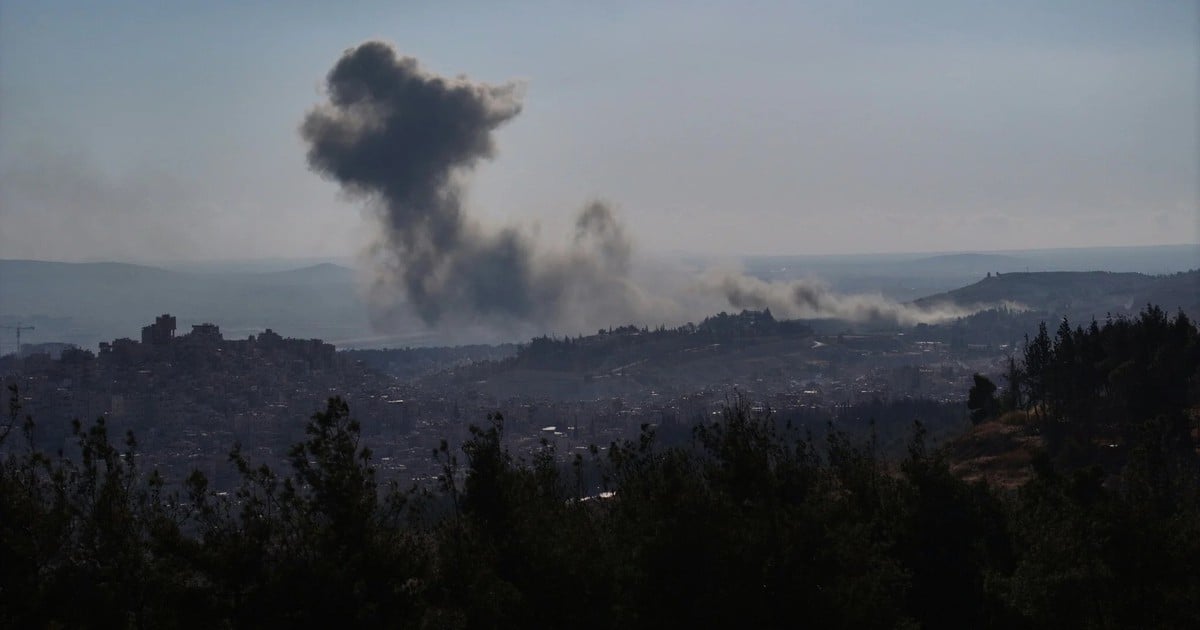
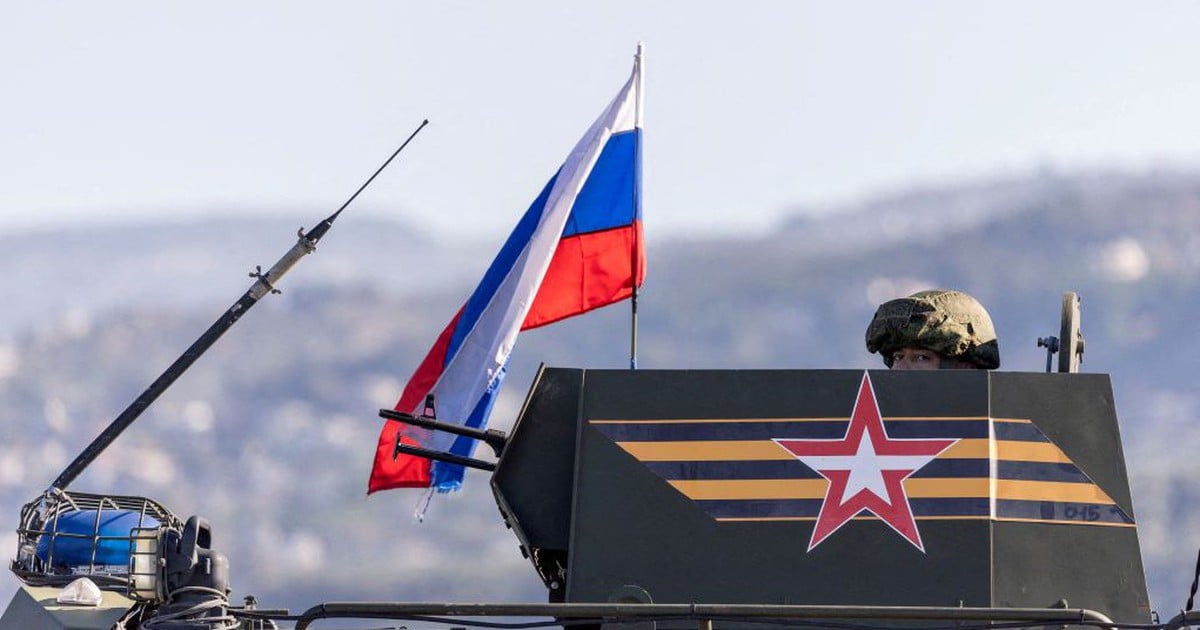
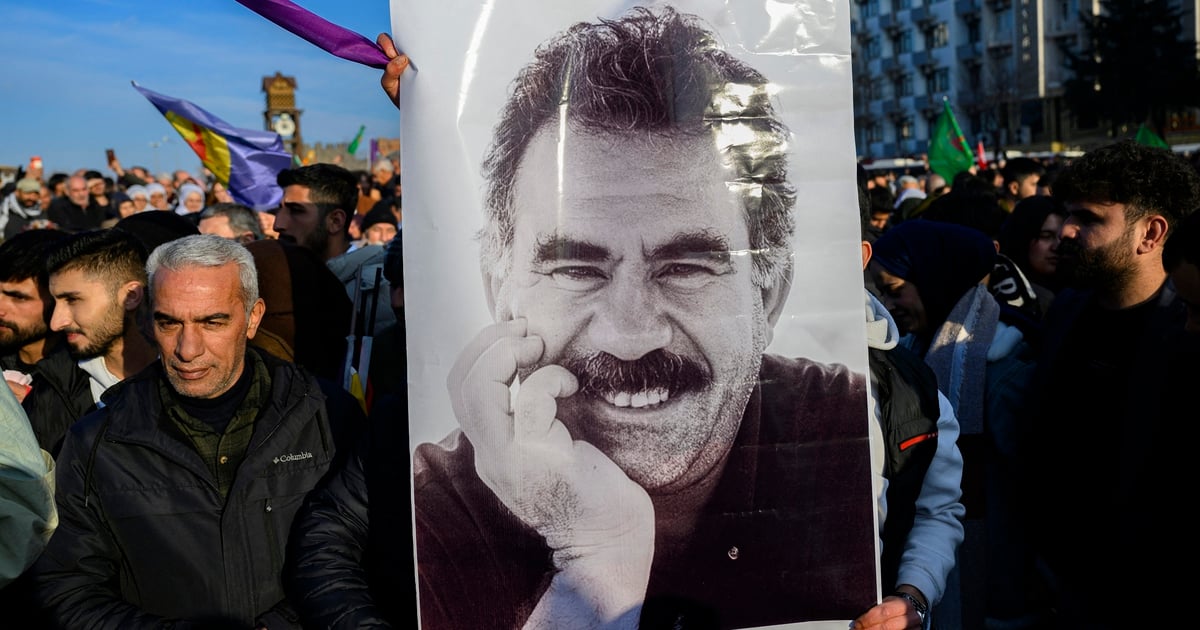
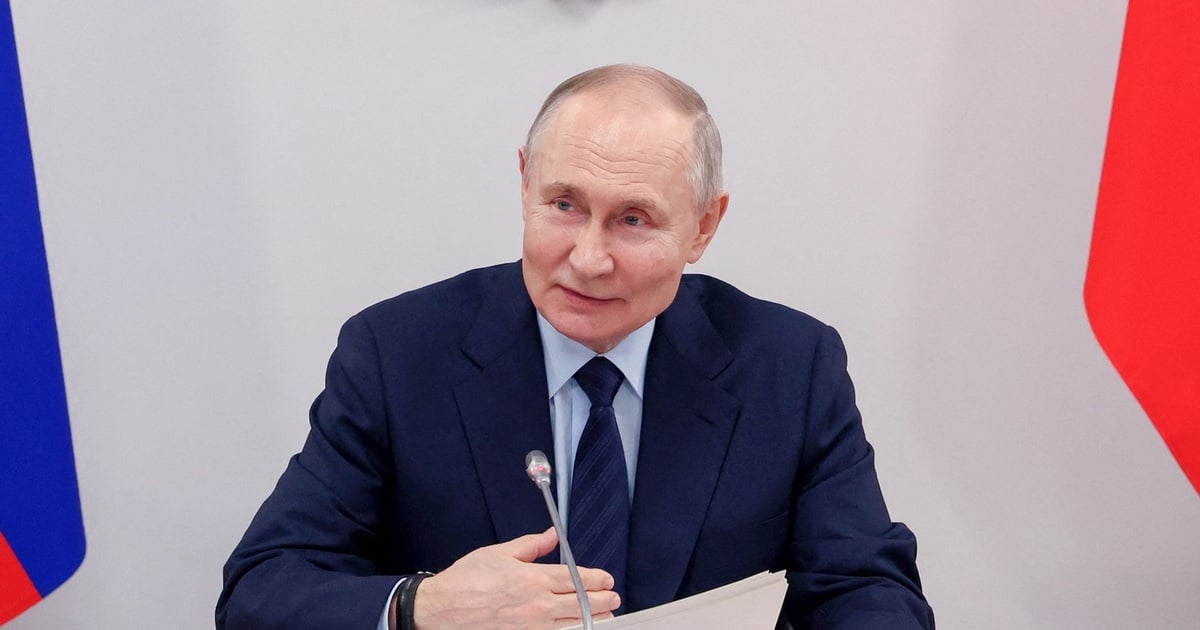
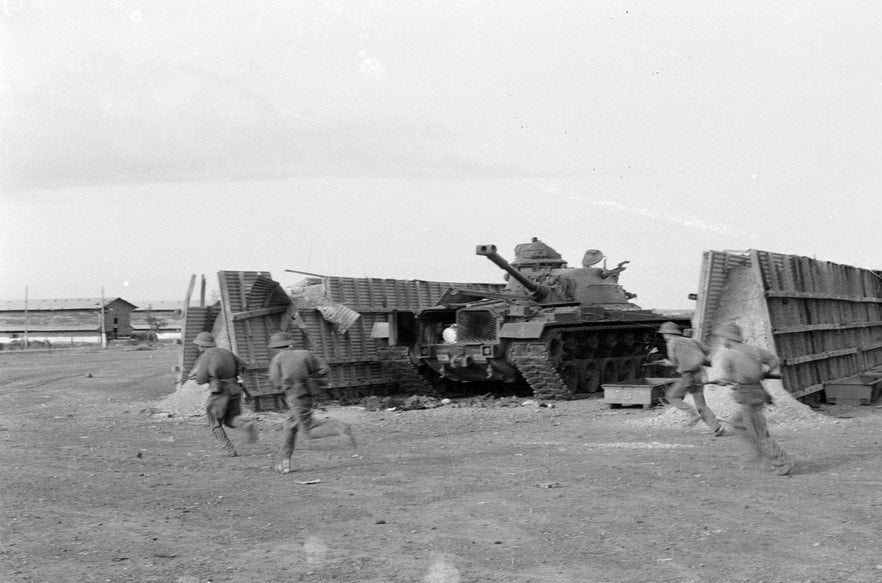



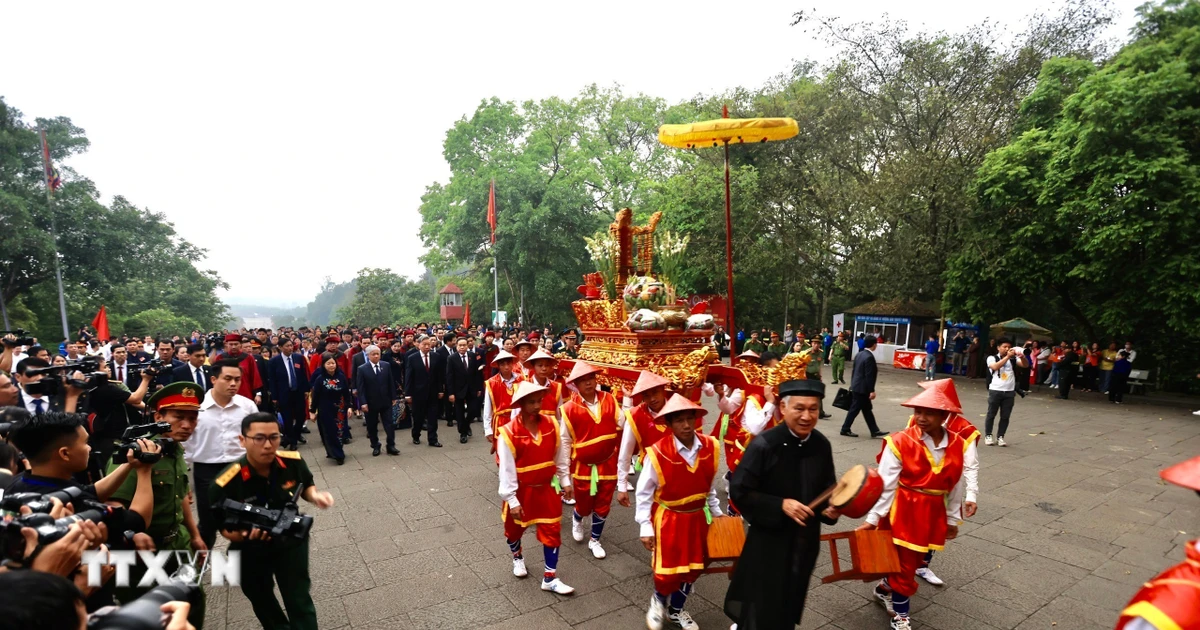
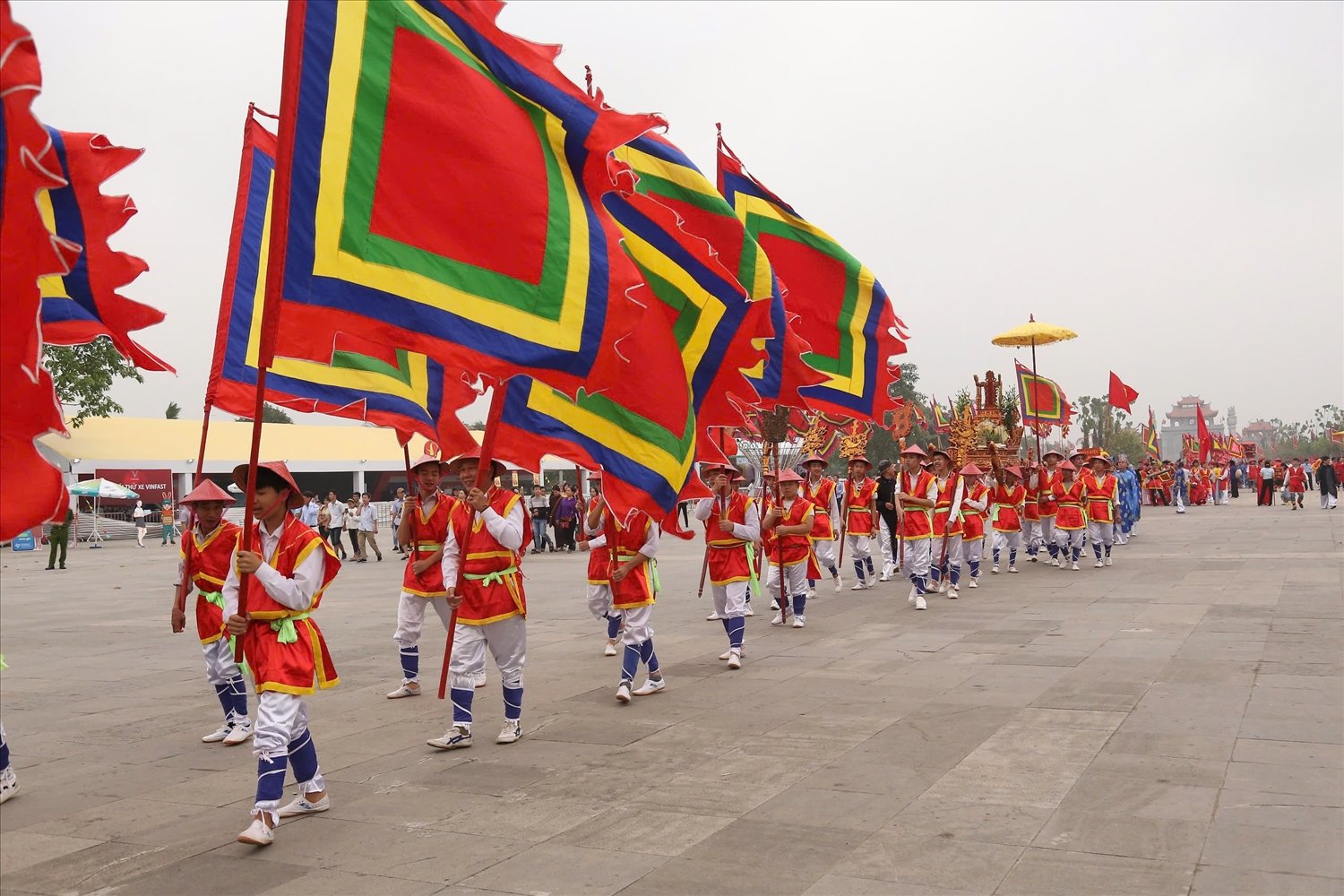




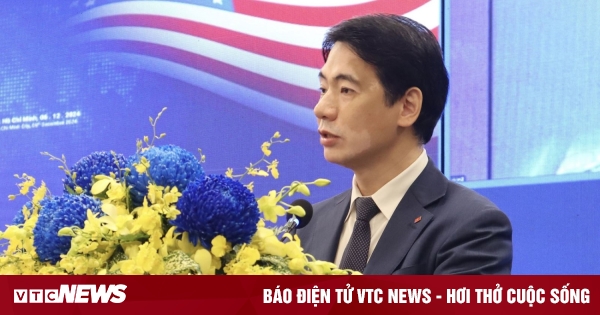
















































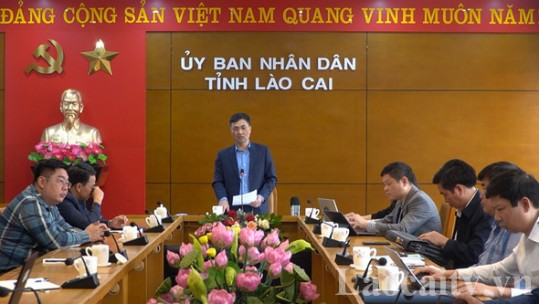

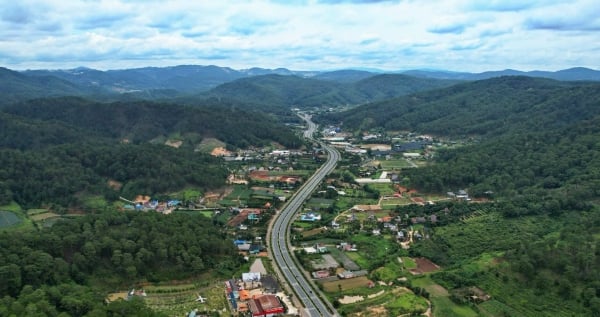


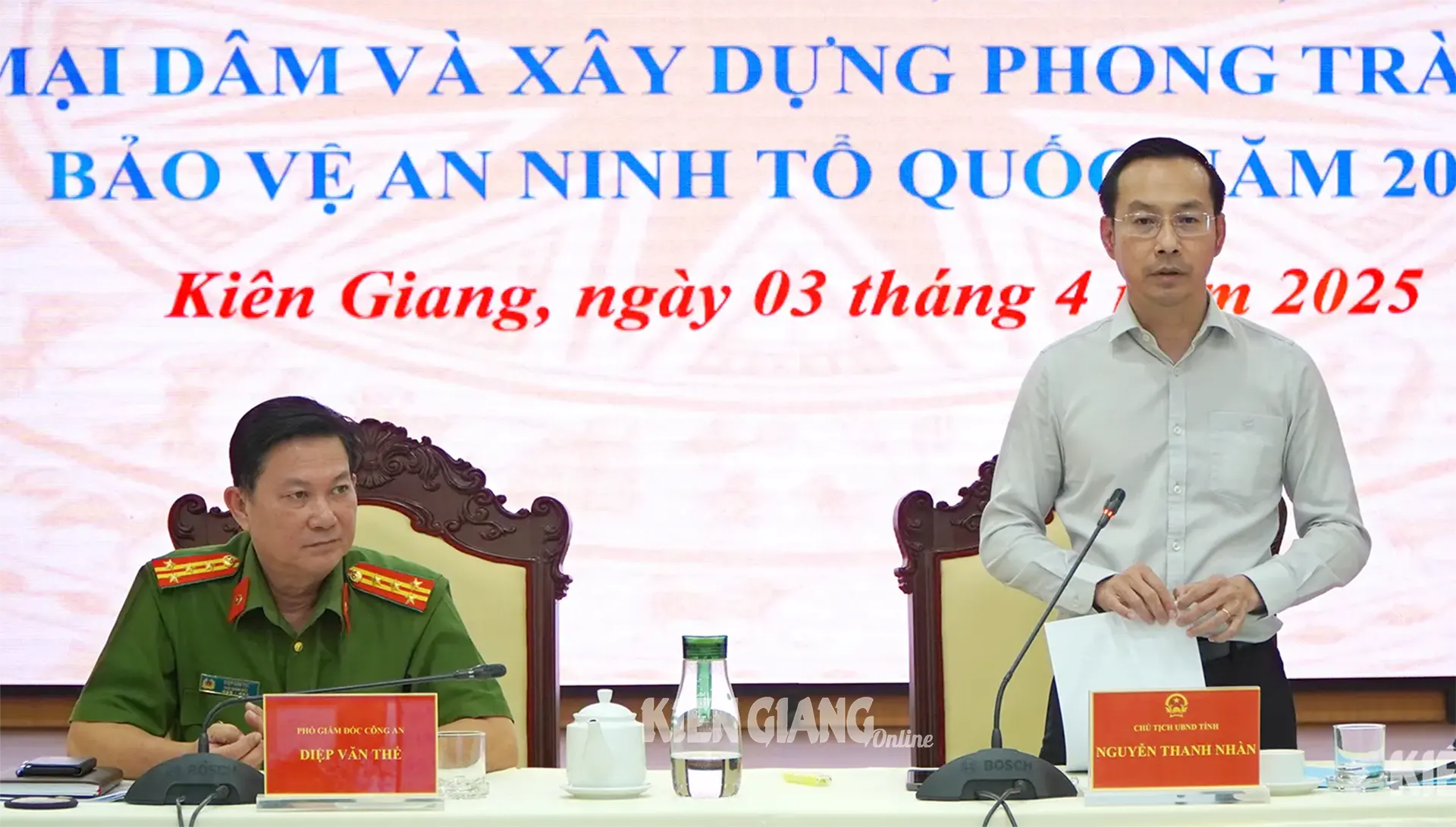












Comment (0)